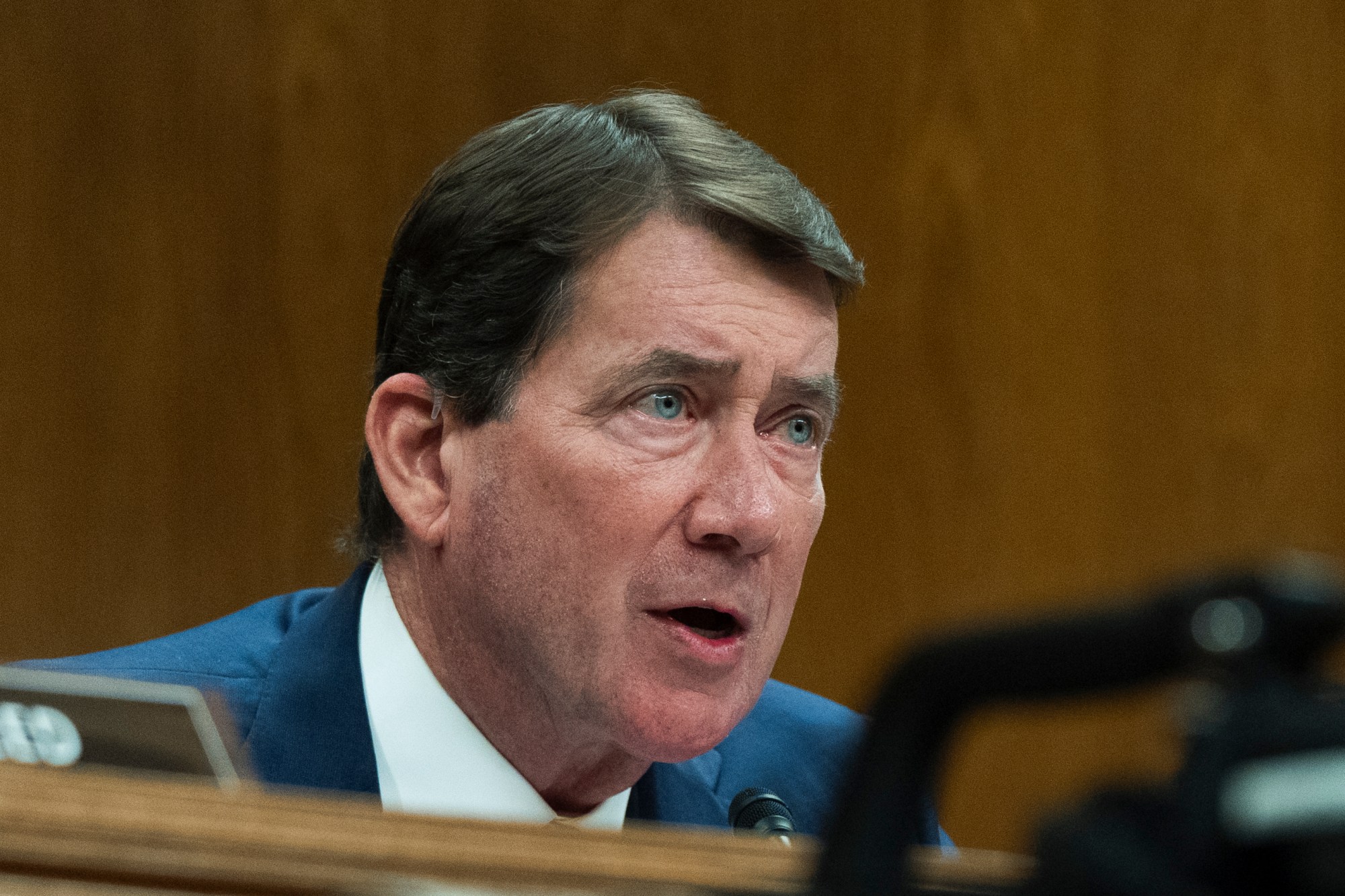The U.S. Senate has passed landmark legislation regulating stablecoins, a type of cryptocurrency typically pegged to the U.S. dollar, despite concerns over President Donald Trump’s personal financial interests in the crypto space. The bill, known as the GENIUS Act (Guiding and Establishing National Innovation for U.S. Stablecoins), passed with a 68-30 vote, with 18 Democratic senators crossing party lines to support the Republican-backed legislation.
Key Provisions and Implications
The GENIUS Act aims to establish guardrails and consumer protections for stablecoins, marking a significant step toward bringing the cryptocurrency market into the regulatory fold. The bill’s sponsor, Sen. Bill Hagerty (R-Tenn.), described it as a “paradigm-shifting development” that will position the United States as a global leader in cryptocurrency regulation.

Despite the bipartisan support, the bill faced opposition from some Democrats who expressed concerns about Trump’s personal financial interests in cryptocurrency. Trump has been actively involved in the crypto space, hosting a private dinner with top investors in a Trump-branded meme coin and reporting $57.35 million in earnings from token sales at World Liberty Financial in 2024.
Controversy Surrounding Trump’s Involvement
The bill does include a provision banning members of Congress and their families from profiting from stablecoins, but this prohibition does not extend to the president and their family. Critics, including Sen. Elizabeth Warren (D-Mass.), argue that this omission creates a potential conflict of interest and allows Trump to profit from his crypto investments while in office.
Next Steps for the Legislation
The stablecoin legislation now moves to the House of Representatives, where it faces an uncertain future. The narrowly held Republican majority in the House may attempt to attach broader cryptocurrency market structure bills to the legislation, potentially complicating its passage. Trump has expressed a desire to have stablecoin legislation on his desk before Congress breaks for its August recess, now just under 50 days away.
As the bill progresses, it remains to be seen how lawmakers will address the concerns surrounding presidential conflicts of interest and the growing influence of cryptocurrency in Washington.


